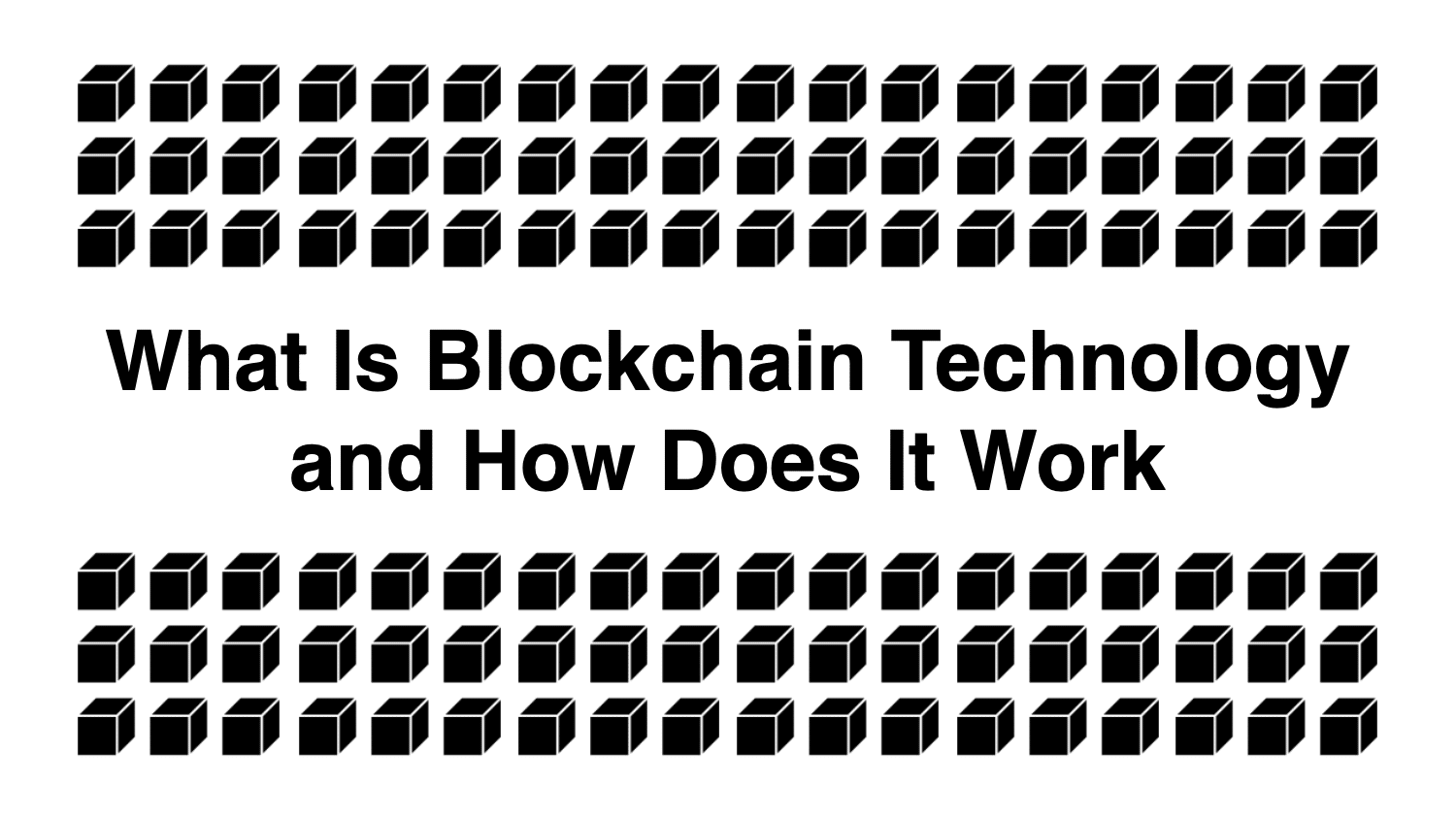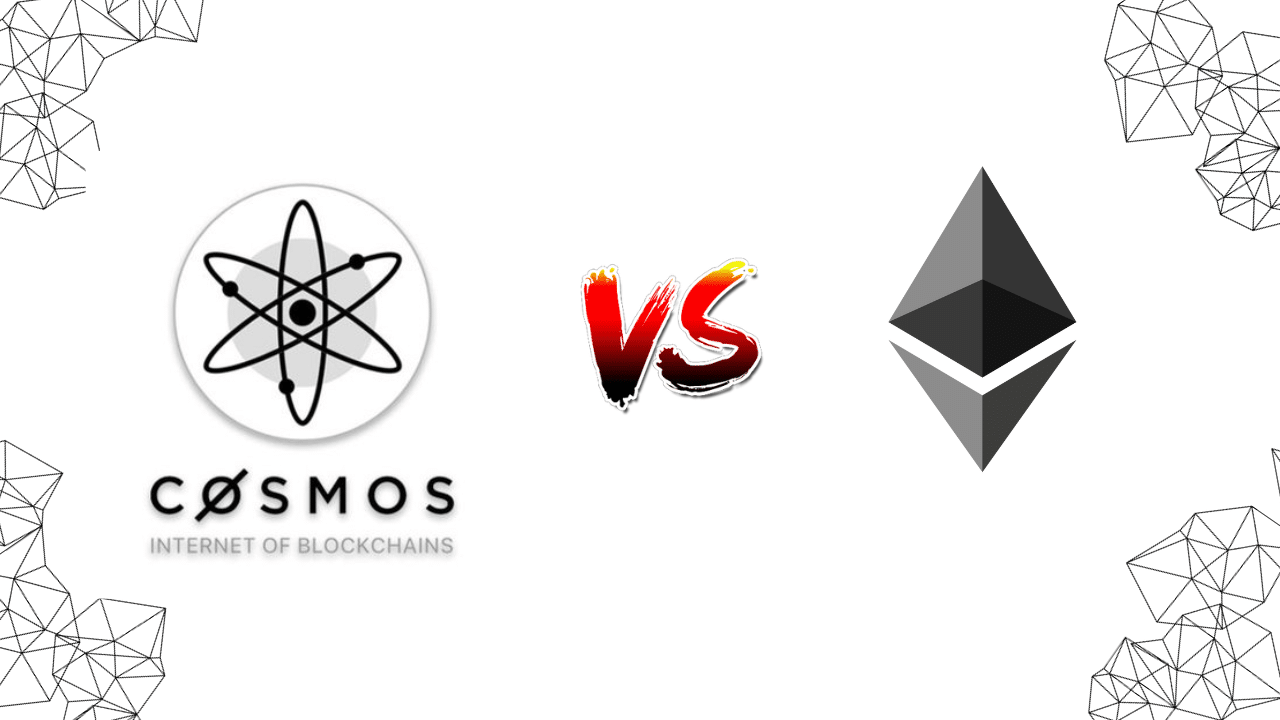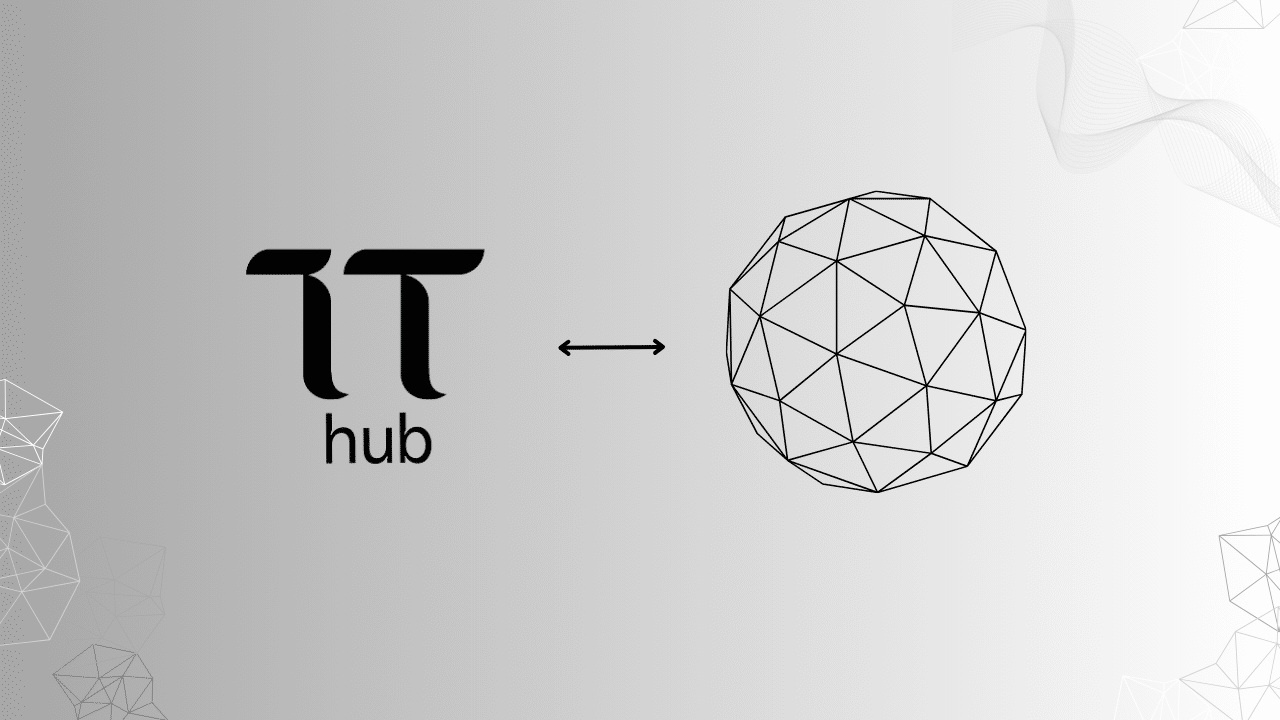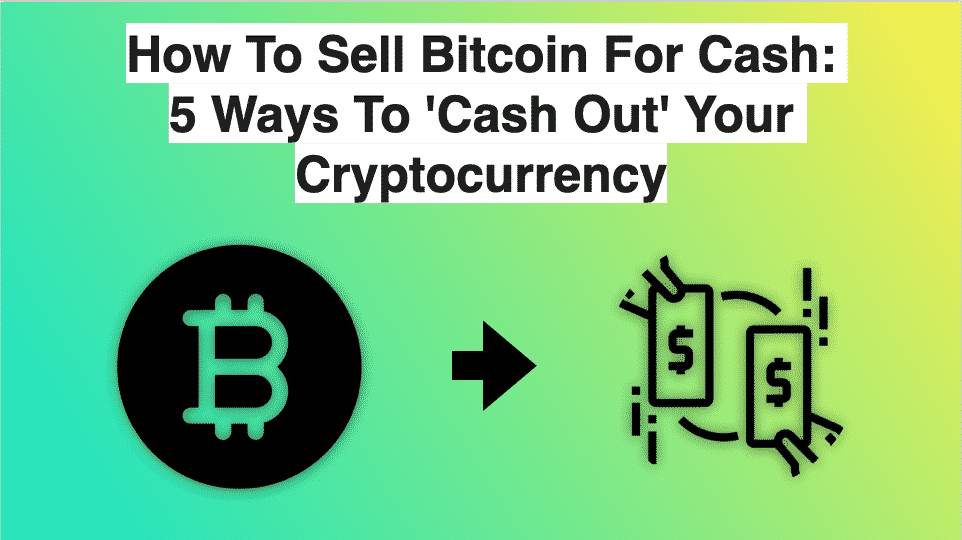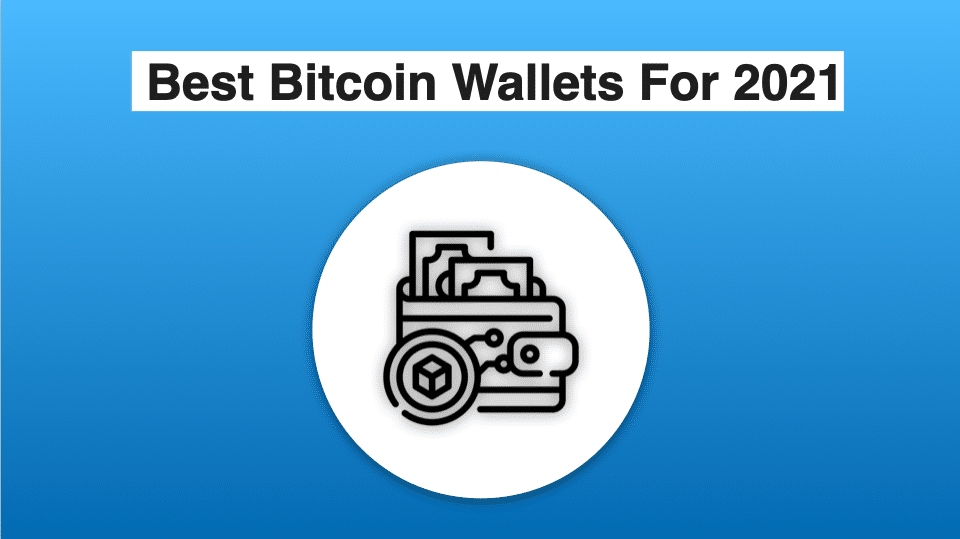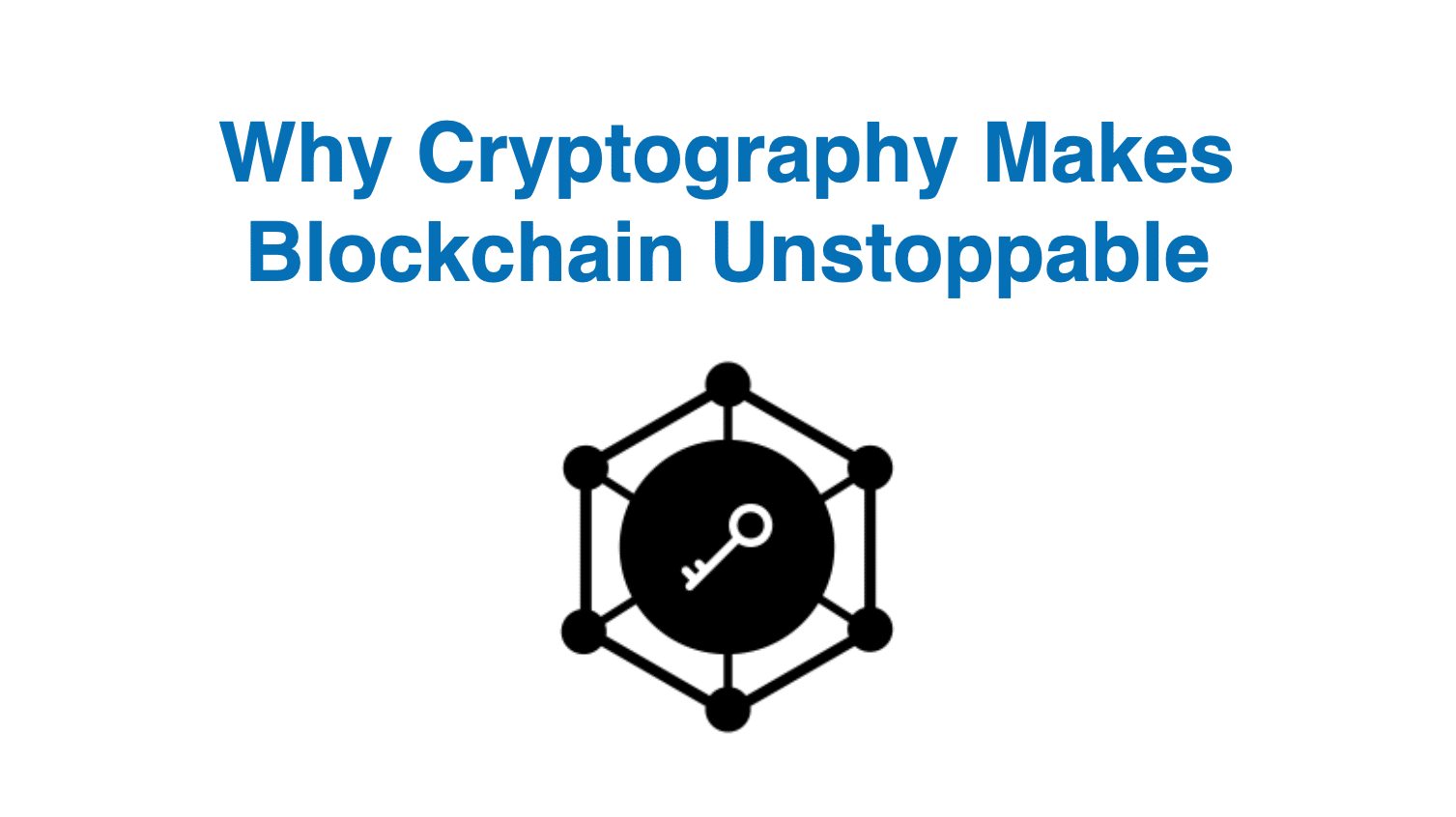Contents
|
|
There is A LOT to learn when it comes to blockchain technology. Check out our comprehensive guide to go deeper into the key concepts: Blockchain For Beginners: What Is Blockchain Technology? A Step-by-Step Guide
Blockchain is an innovative technology that powers thousands of cryptocurrencies and real-life applications. It has the potential to change the way we pay for goods and services, run global supply chains, and store critical information. It is a unique technology free from regulation that we are still learning more about.
Below, we detail everything you need to know about blockchain technology. We explain how it works, its importance, and its multitude of applications. We also cover the positives and negatives of the technology. Whether you are an early adopter, investor, or curious person, we outline the fundamentals of this impactful digital technology.
Contents
What is Blockchain Technology?
Before we address the question “how does blockchain work?” we must understand the concept. Blockchain involves a digital ledger of cryptocurrency transactions. It records and documents information in a manner that makes it resistant to hacks or cyberattacks.
Private blockchain is also a secure avenue to connect individuals without a central bank, government, or third-party involvement. Individuals can engage in commerce freely through digital means. As more transactions come through the blockchain, it will expand its set of records or blocks. These blocks connect through blockchain cryptography.
Each transaction is confirmed independently by a peer-to-peer network of computers. All financial transactions are also stamped with the date and added to the giant chain of data. Once a transaction is confirmed, it cannot be edited or altered by anybody.
How Does Blockchain Technology Work?
So, how does blockchain work? Blockchain powers many cryptocurrencies, but we will use bitcoin as a primary example of how blockchain cryptography operates.
The selling and purchasing of bitcoin virtual currency is input and communicated to a vast network of computers, also called nodes. Users of the system can make purchases on apps via cryptocurrency exchanges, including:
- Coinbase
- Gemini
- Binance
- Voyager
- Uphold
- And more
The network contains thousands of nodes distributed around the globe to verify and confirm each transaction. The nodes do this through a series of computer algorithms, also referred to as bitcoin mining.
The mining process is competitive because the first bitcoin miners to complete the new block will earn bitcoin for their contribution. These monetary rewards are provided through network fees.
Once the blockchain cryptography of the transaction is verified, the sale goes into the distributed ledger as a new block. Most of the networks will need to confirm the bitcoin sale as well through “proof of work.”
The sale is officially complete when the block gets attached to the preceding block of bitcoin transactions. The proof lies in the hash, which is its cryptographic fingerprint.
What is a Blockchain Wallet, and How Does it Work?
A blockchain wallet is a digital wallet that enables people to manage, store, and trade a collection of digital assets and cryptocurrencies. Users have full transparency on their balances for each virtual currency, such as ether, bitcoin, tether, stellar, and more.
The price of entry to creating a blockchain wallet or bitcoin wallet is free. New users can set up an online account in less than a half-hour. In the process, the person will receive a unique wallet identification number, which is comparable to a standard bank account number. The account holder will also need to supply an email and password, like most applications and accounts.
The blockchain wallet does more than provide a balance for each digital asset. It also details the person’s history of transactions and transfers. Depending on the cryptocurrency exchange, the account holder can also analyze charts and other insights for each asset. Most applications and websites will have an education, training, or cryptocurrency news function to say up to date.
So, how does the blockchain wallet work once the account is all set up? Users can utilize the blockchain wallet to submit requests to another party or entity for a set number of ether, bitcoin, or digital assets.
The system will then prepare a specific address or QR code to be transmitted to a third party. This process takes place every time an account holder provides a request.
The opposite can also occur if another person sends a unique address, enabling the account holder to transmit cryptocurrency. This system is similar to apps like Venmo and PayPal, except cryptocurrency is used instead of the U.S. dollar.
A blockchain wallet also allows users to exchange digital currencies for other digital currencies, or “swapping.” This practice makes it simple for a person to substitute cryptocurrencies without engaging outside of the blockchain wallet. It gives the account holder peace of mind and a sense of security because it all takes place within a central location, the wallet.
How Can Blockchain Technology Be Applied in Real Life?
Now that we addressed the question “how does blockchain work?” we can assess how it applies to real life. While many people see blockchain as a high-potential investment opportunity, it also opens doors for other applications.
These applications include:
- Property sales
- Legal contracts
- Medical records
- Other digital documentation across industries
The blockchain platform is a promising venture for many entities because of its authorization and ability to record transactions and company engagements accurately.
It is also a critical influence in supply chain activities for larger companies. Private network services leverage blockchain to effectively monitor, track, and record product logistics and supply chains. Many companies use blockchain cryptography to pinpoint where recalled foods have been distributed and purchased quickly.
Smart contract technology is also a monumental product of blockchain technology. When two entities do business together, contract verbiage is often complex and non-flexible. Because of blockchain technology, contract clauses can be automatically updated, changed, or revised if an event or set of conditions is met.
Healthcare documentation is another area where you can apply blockchain technology. Much like smart contracts, healthcare records are often complex, inconsistent, and weak. Blockchain technology can streamline processes and elevate patient outcomes.
Besides bitcoin, there are thousands of other innovative cryptocurrencies that utilize blockchain as their backbone. While it is uncertain if bitcoin will replace fundamental payment methods, blockchain technology is here to stay and growing rapidly.
Which Companies Are Using Blockchain Technology?
So, which companies are utilizing blockchain technology to make things more efficient? Below are some of the top companies in each sector that have adopted blockchain:
- Visa – implemented blockchain technology to facilitate payment services for business-to-business transactions.
- Walmart – This company utilized the supply chain technology from IBM to better track food and resources from farmers.
- Ford – Much like Walmart, Ford continually uses IBM’s technology to monitor raw materials from its network partners.
- Pfizer – The Clinical Supply Blockchain Networking Group within Pfizer and Biogen uses the technology to organize its products through digital inventory.
- MetLife – The company utilizes a platform to automatically generate an insurance claim when a loved one passes away for insurance purposes.
- Shell – The company is pioneering blockchain technology within the energy industry by using it for trading crude oil.
Pros and Cons of Blockchain Technology
Blockchain cryptography can change the future in many ways. However, a technology with this much influence will come with both positives and negatives. Below are the pros and cons to consider for both individuals, businesses, and other entities.
Pro 1: Blockchain Technology is Decentralized
The main difference between the U.S. dollar and blockchain-powered cryptocurrencies is the centralized regulating body. The U.S. dollar is distributed and regulated by the Federal Reserve. However, digital currency is not controlled by any government agency.
Therefore, it is challenging for an external influence to destroy the existence of the blockchain network. The decentralized landscape of digital currency reduces overall costs with no intermediaries charging fees. The blockchain network also constantly operates 24 hours per day, seven days per week, 365 days per year.
Pro 2: Accuracy and Security
The chance of error with the blockchain network is extremely low. Because humans are not involved within each transaction, there is less chance for mistakes.
The network of nodes confirms and verifies each blockchain subtransaction, which makes the whole blockchain accurate. It is also tricky for information or financial data to be altered, eliminating the chance for counterfeit activities.
Pro 3: Blockchain is Both Anonymous and Transparent
Blockchain technology provides transparency because all transactions are documented on the network of computers. The transaction history and digital wallet addresses are attached to each event. The public can view each user’s digital wallet, but the individual owners are entirely anonymous.
Con 1: Blockchain Cryptocurrency Prices are Volatile and a Risky Investment
Cryptocurrency investors seek enormous returns with many options. Because there is a lot of freedom within cryptocurrency transactions, this concept makes it prone to volatility. A lack of central authority has its advantages, but no governing body regulates a drastic price change.
For example, the price of bitcoin skyrocketed to $65,000 in April 2021, but it decreased by approximately 50% in June of the same year. In December 2017, the bitcoin price was hovering around $20,000 before plummeting back down to $3,500 in December 2018.
Con 2: Criminals Utilize Cryptocurrency
Because of blockchain technology’s anonymity, criminals were some of the first groups who used cryptocurrency. People would use bitcoin to purchase and sell illegal goods on underground marketplaces like the Silk Road. Blockchain cryptography enables both parties to retain their privacy, but the criminals have certainly taken advantage of the system.
Con 3: Bitcoin Blockchain Processing Time is Inefficient
There are many cryptocurrencies besides bitcoin that have quicker processing times. However, bitcoin’s transaction processing is much slower than the standard credit card company. While bitcoin can process seven individual transactions per second, Visa can do 24,000.
Final Wrap Up
Blockchain technology is only scratching the surface. As more people adopt the technology, we will begin to see how it will change life for businesses, supply chains, medical networks, and individual investors.
Although Bitcoin and Ethereum are the two primary blockchain applications, thousands of digital currency options use the technology. We are still discovering if digital currency will replace traditional payment methods, but the life-changing applications are endless.
